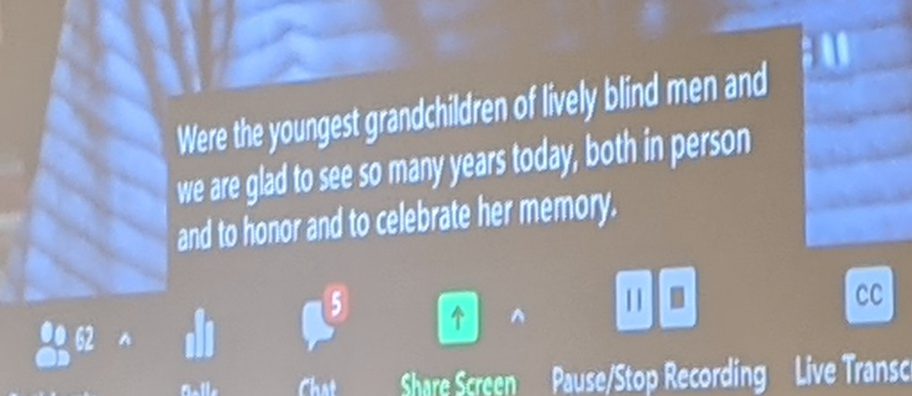Difficult languages and easy languages, part 3
There may well be a dogma out there stating that all languages are equally complex, but I don't believe it, especially not if it has to be "drummed" into our minds. I have learned many languages. Some of them are exceedingly hard (because of their complexity) and some of them are relatively easy (because they are comparatively simple). I have often said that Mandarin is the easiest language I ever learned to speak, but the hardest to read and write in characters (though very easy in Romanization). And remember these posts:
"Difficult languages and easy languages" (3/4/17)
"Difficult languages and easy languages, part 2" (5/28/19)
Read the rest of this entry »
